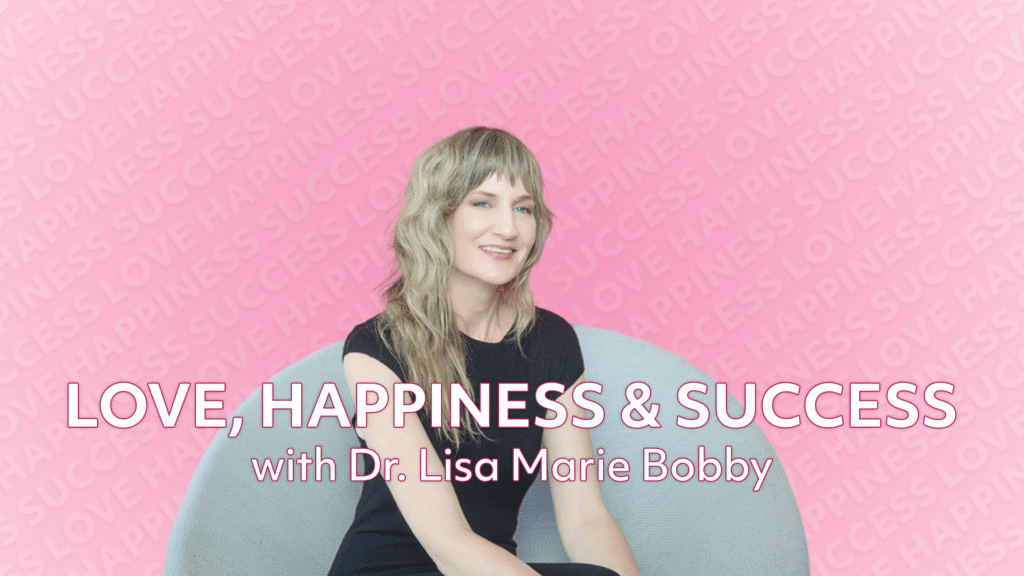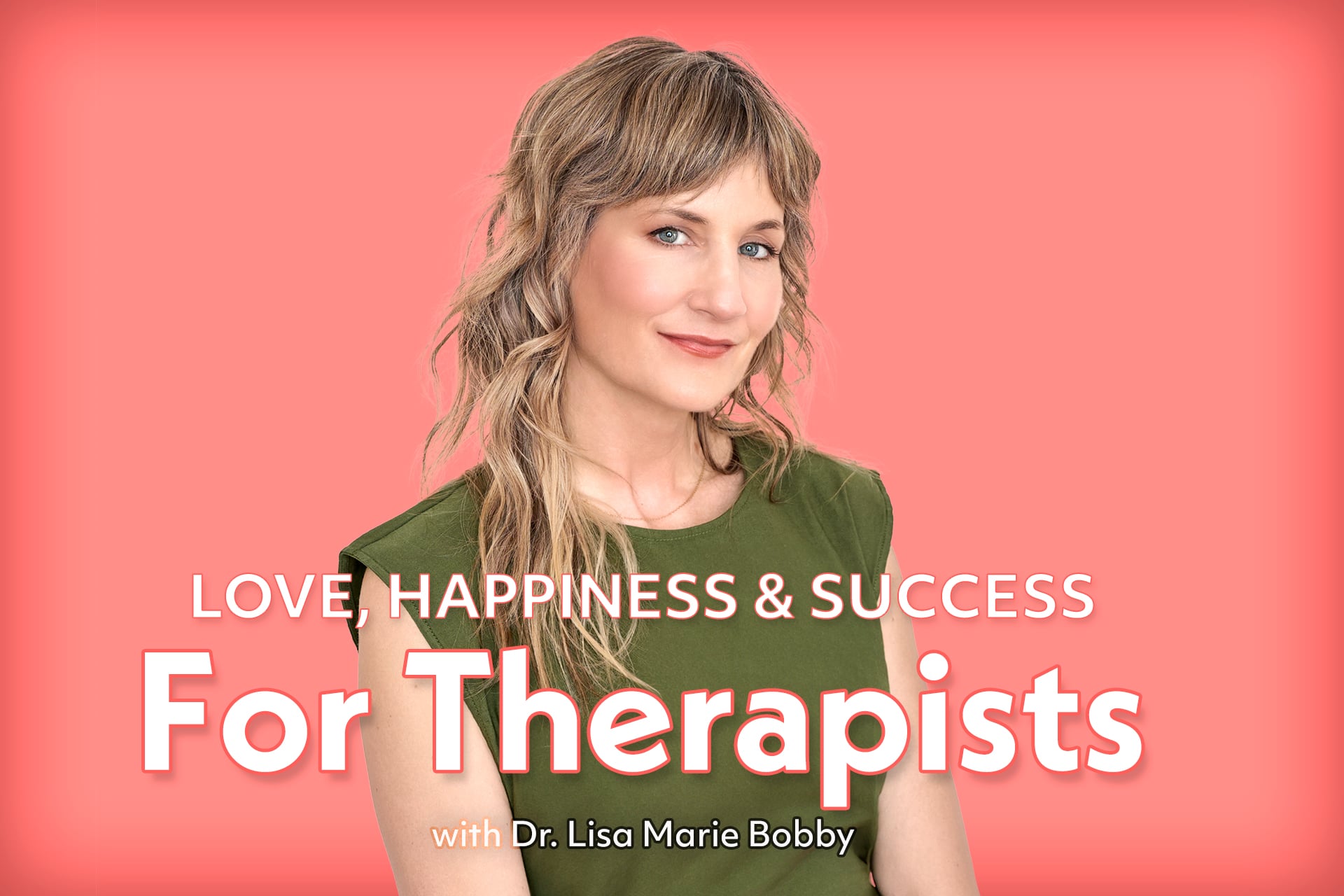Can You Stand Up for Yourself, and Still Be “Nice?”
Do you feel torn between standing up for yourself, building necessary boundaries, and protecting the feelings of others – even if you don’t know how your boundaries would really effect them? Have you ever felt taken advantage of, not heard, or just unappreciated? So many of us know what it’s like to be ignored in meetings, to be interrupted when we’re talking, or to feel invisible at a party. It’s no fun to be walked all over. Yet this is a very common experience. As a counselor and healthy relationships coach, I can’t tell you how many clients I’ve worked with that have experienced these frustrations but don’t know what to do about it. But gaining confidence in setting boundaries is an important skill for personal growth.
There are several misconceptions and fears around speaking up for oneself that block us from being assertive. Let’s face it, most of us haven’t had anyone sit down and teach us the tools and skills involved in setting boundaries. But boundaries are, in fact, some of the basic building blocks of assertiveness, confidence, and even self-worth. They are the invisible bubbles we create to help us be safe, happy and respected.
If you are like most clients I’ve worked with and, really, most people, you might think being assertive and setting boundaries is selfish, will make you look like a braggadocios bully, or even leave you without any friends. (Or all of the above, am I right?) So let’s correct some of these fallacies about boundaries once and for all and clear a path to assertive living!
Misconceptions, Fears and Realities About Standing Up for Yourself and Creating Healthy Boundaries
Misconception #1: Standing Up for Yourself and Personal Boundaries are Selfish
The classic example of setting a boundary is saying “No,” whether that looks like letting a colleague know their behavior isn’t okay with you, not giving a friend what they want, or letting a family member experience the consequences of their own behavior. You might struggle with false guilt and think, “But if you are a good friend you don’t say no.” Or you may wonder, “Isn’t it selfish of me to ‘abandon’ someone I care about?”
Here’s the good news:
The Reality: Good, generous, kind people set boundaries. By protecting us from being spread too thin or just put in uncomfortable situations, saying no and setting boundaries allows us to give more of what we can. Boundaries free up our resources to help those we care about more effectively. In fact, setting boundaries with our loved ones gives them the opportunity to become more self-aware and grow. In short, boundaries help us and others become our best selves. Even if setting boundaries can be uncomfortable, they are an important part of embracing growth.
Misconception #2: Standing Up for Yourself with Boundaries is Aggressive
We’ve all had the unfortunate experience of knowing a social bully. This person is the loud officemate who overpowers everyone else in meetings or the friend around whom you always find yourself feeling small, meek and intimidated. Often, being assertive gets confused with being aggressive. But wait…
The Reality: Calm, Humble People Set Boundaries
Aggressiveness involves infringing on the boundaries and rights of others and usually steps on other people’s feelings. Aggressiveness is a highly emotional, intense state that often triggers the fight in our flight or fight response. Setting boundaries assertively, on the other hand, requires us to be calm and unemotional in order to communicate clearly and detach from the outcome, (something we’ll talk more about a little later).
There is a spectrum of assertiveness. On the one extreme, there is aggressive behavior. On the other side is passive behavior. The “sweet spot” of healthy boundaries happens somewhere in between the two. Once you can be assertive without being overly passive or aggressive, you can be truly empowered. Here’s a handy diagram to help clear things up:
Aggressive ———————Assertive———————Passive/Aggressive—Passive
Misconception #3: If I Set Boundaries and Stand up for Myself, People Won’t Like Me
Yes, I know, you’ve probably experienced setting a boundary and losing someone. The pain of that lost relationship lingers with you and seemingly forever solidifies the mantra “I’m never putting my foot down again! Look what it cost me.” The truth is that sometimes being assertive or setting a boundary does filter out unhelpful relationships from our lives. Regardless of the healthiness of the relationship, it can hurt to lose a friend. However, setting boundaries doesn’t have to mean a loss of relationship.
The Reality: Likable People Set Boundaries
It’s also true that people like to know where they stand and what to expect. Setting boundaries requires us to be consistently authentic. This predictability makes people feel safe and naturally drawn to you. Respecting your own boundaries also builds the respect others have for you. After all, healthy people are drawn to healthy people. If you desire more healthy, fulfilling relationships in your life, a good place to start is by focusing on your own, healthy boundaries. This is one of the many skills involved in having real friends.
Do You Want to Have Healthier Boundaries? Where to Go From Here…
Remember those mysterious tools and skills I mentioned earlier? Now that we’ve begun to clear some of the obstacles in your path to assertive living, let’s give you a toolbox to take on your journey.
3 Tips for Setting Boundaries and Standing Up for Yourself
- Be Specific and Clear: An effective, helpful boundary ensures you and the receiver are on the same page and creates a built-in safety net for any inevitable, pesky push-back. A good rule of thumb is to use an if/then I statement that includes a consequence. For example, “If you don’t stop talking to me in an angry tone, I will leave the room.” It’s always a good idea to set a consequence that affects the receiver more than yourself, if possible. Finally, — I can’t stress this enough! — communicate a consequence you can stick to!
- Make Boundaries Realistic: Don’t set yourself up for frustration by setting a boundary no normal human being could satisfy with consequences only a heartless robot could enforce. For example, rather than stating “If you ever cancel plans with me again, I won’t speak to you for the rest of my life!,” try “If you stand me up again, I will be very upset and tell you how I feel.” Don’t bluff. Give yourself permission to be where you are and set a boundary you can own.
- Let Go of the Outcome: Finally, know that setting boundaries is not an effective way to manipulate or control. If that is your goal, then you may need to reevaluate your own motives. However, a healthy approach to setting a boundary is about knowing your own worth. When you set a boundary and know how you will respond if it isn’t respected, you are taking care of yourself. For example, if you tell your partner, “If you don’t pay bills on time for the next month, I will take over our financial responsibilities,” be ready to accept it if your partner gets you stuck with another late fee. Letting go of the outcome doesn’t mean not feeling emotions such as disappointment or sadness. Rather, it means knowing you are prepared to manage these emotions and respond in an effective, helpful way that honors your boundaries.
So, go ahead, try out something small. Your path is clearing up nicely. We’ve pulled up the weeds and you have a good starter-kit in your toolbox. You’re on your way to assertive living! You know how to find me if you’d like a companion as you go through your journey.
Let’s Talk.
Schedule a Free Consultation Today.
What Should I Do With My Life?
Figuring out what to do with your life can feel overwhelming, especially when you have lots of options. Here’s how to get clarity and direction…
Why “Holistic” Career Coaching?
“Holistic career counseling” takes all of your life goals into consideration when crafting your career path. Why this matters…
Professional Development
Choosing a career and getting a job is only the beginning. Professional development helps you continue to grow and thrive. Learn more…
What is Emotional Intelligence?
Emotional intelligence can make or break a career (not to mention a marriage). Read “what is emotional intelligence” to learn why EI is so important on the job, and off — and how to develop it in yourself.
What is a Career Path?
Career pathing refers to the process of mapping out your professional trajectory, step by step, and into the future. Here’s how to make “career path planning” work for you…
Leadership Development
Moving into a leadership role often requires an entirely different skill set than the one that led to your original success. Want to grow into a great leader? Learn about leadership coaching.
Choosing a Career
Deciding on a career is a major life decision that requires deep insight into yourself, in order to create a satisfying career in alignment with your passion and your values. Learn how to choose a career…
What is a Career Coach?
What does a career coach do? What to expect in career coaching? What are the different types of career coaches? All is revealed in, “What is a career coach?”
How to Find a Career Coach
Not all career coaches are the same in terms of their training, expertise, or capacity to help you in specific situations. Here’s what you need to know about finding the right career coach for you…
How Much Does a Career Coach Cost?
Great career counseling is priceless, but the cost of a career coach can range from free, to thousands, depending on your goals and the type of coach you choose. Learn about career coaching costs, right here.
Does Insurance Cover Coaching
Does insurance cover coaching? Is there such a thing as “coaching insurance?” Here’s what you need to know about health insurance and coaching…
Gift Career Coaching
You can support a loved one through their career exploration and professional growth work by gifting them career coaching with an expert career counselor. How to gift career coaching…
Career Coaching Services
We offer many career coaching services to support your career development including Denver career coaching, online career counseling, leadership coaching, emotional intelligence coaching, and more.
Resume Writing Services
While our specialty is in-depth career counseling for personal growth and professional development, we also offer resume writing services and interview coaching. Learn more…
Solution Sessions
If you’re looking for quick career advice about a specific situation, consider a one-time solution focused coaching session to get clarity and direction. Learn about “solution sessions.”
The Success Collection
Our career counselors are here for you. Browse The Success Collection for their best career advice in our blog and podcasts.
More Questions? Let’s Talk.
We’re available by phone, email, text and chat, and happy to answer any of your questions personally. Get in touch, anytime.
Start Career Coaching
Ready to begin career coaching with Growing Self? Schedule a free coaching consultation with the coach of your choice. Start here.






Kathleen you have given me hope and a toolset! I am a people pleaser and enjoy making them happy. I get run over and when I spoke up I was beaten down, or walked out on until I couldn’t take any more painful words or actions from the person I Loved the most.
Thankful
Kathleen you have given me hope and a toolset! I am a people pleaser and enjoy making them happy. I get run over and when I spoke up I was beaten down, or walked out on until I couldn’t take any more painful words or actions from the person I Loved the most.
Thankful